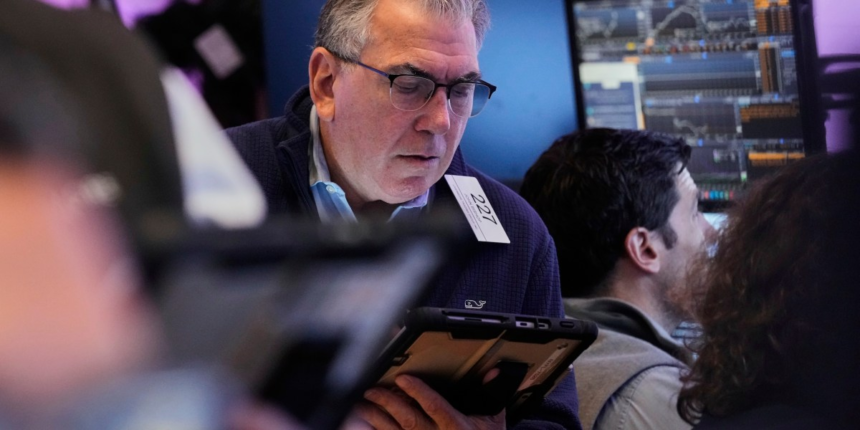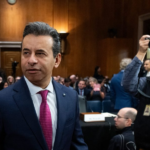A lot is riding on whether that bet proves correct. Stocks have already soared on it. And if the Fed ends up cutting fewer times than traders expect, including three this year, the market could retreat in disappointment. That’s even if everything else goes right and the economy does not fall into a recession and President Donald Trump’s tariffs don’t send inflation much higher.
A survey from the University of Michigan on Friday suggested expectations for inflation may not be worsening among U.S. consumers. Preliminary data suggested they’re bracing for inflation of 4.8% in the upcoming year, the same as they were a month earlier.
Expectations for inflation over the longer term crept higher, though they’re still below where they were in April, when Trump announced his worldwide tariffs.
In the meantime, Wall Street continues to drift around its record heights.
The European Commission said Friday that Microsoft’s final commitments to unbundle Teams from its Office software suite, including further tweaks following a market test in May and June, are enough to satisfy competition concerns.
In stock markets abroad, indexes edged lower in Europe after rising in much of Asia.
Japan’s Nikkei 225 climbed 0.9% to another record, while Hong Kong’s Hang Seng rallied 1.2% for two of the bigger moves.
In the bond market, the yield on the 10-year Treasury climbed to recover some of its drop from earlier in the week. It rose to 4.07% from 4.01% late Thursday.
Yields have been mostly sinking as expectations built on Wall Street that the Fed will resume cutting rates soon.
The Fed has been on hold through 2025, mostly because of the risk that Trump’s tariffs could send prices for all kinds of U.S. household purchases much higher. Lower interest rates can make inflation even worse.
___
AP Writers Teresa Cerojano and Matt Ott contributed.









